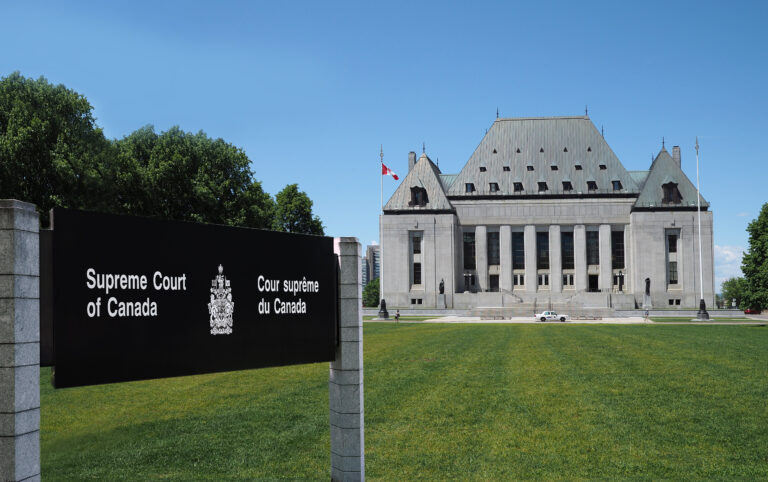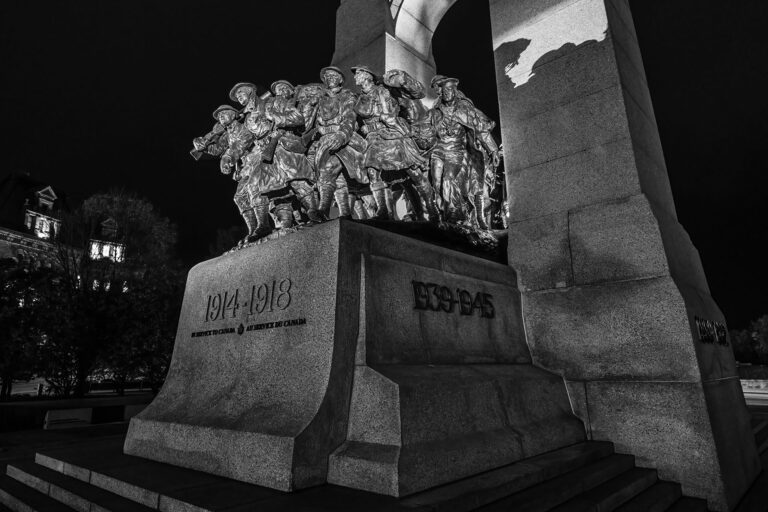Canadians care about their privacy. According to recent (November 29th) survey results from the Bank of Canada, they also care deeply about how that privacy could be harmed by making a non- cash “digital dollar,” the only valid currency.
It’s contemplated. In the survey report, the Bank of Canada states: “In an era of rapid digitalization, the Bank is undertaking the necessary work to be ready if Canadians’ payment preferences or needs change. Ultimately, the decision about whether or when to issue a digital dollar will be up to Canadians and their elected representatives in Parliament.”
Luckily, many Canadians already understand that a central bank digital currency (CBDC) would empower governments to know the date, time and amount (and often the location) of every person’s purchases, payments, gifts and charitable donations. A state-backed digital currency can remember and inform peering eyes about your financial behaviours across time.
In stark contrast, cash has no memory or mouth. When you pay cash to buy gasoline, no government or bank or police agency knows where you were at a particular time on a particular date or who received the cash.
Nor do cash purchases (or even cheque purchases) inform anyone about where you travel, or where you buy your groceries. This is how it should be for every Canadian, all the time: no surveillance or tracking by government or by any of its branches or agencies.
When it comes to protecting Canadians from government surveillance, some narrow exceptions can be made for some sex offenders, violent criminals, child porn traffickers, active terrorists and other individuals who pose a serious risk of harm to society. Apart from a very small number of Canadians who have forfeited their right to privacy by choosing criminal behaviour that seriously threatens their neighbours, we should all live free of government surveillance, all the time.
For that you need cash. Cash protects our privacy and freedom. Using credit cards provides a huge amount of information to private companies, but credit card transactions need not provide personal information to governments.
In contrast, a government- controlled electronic currency could inform the government about our every move. Armed with that knowledge, why would governments restrain themselves from using the information they have about individuals to enforce ‘better’ behaviour?
In Canada, we’ve already had a taste of this.
Consider the plight of those who donated to the 2022 Freedom Convoy in Ottawa.
After a GiveSendGo donor list was illicitly hacked and posted on the internet, hundreds of Canadians were locked out of their bank accounts as demanded by Deputy Prime Minister Chrystia Freeland. There was no court order to authorize this freezing of accounts, nor did these Canadians have any opportunity to defend themselves against what amounted to a baseless accusation of funding violence or terrorism.
If a Bank of Canada ‘electronic dollar’ is our only means of buying, selling, earning, giving and donating, the government could quickly and easily prevent Canadians with incorrect political views, or the ‘wrong’ habits or lifestyles, from buying plane tickets, crossing borders or purchasing whatever the government might deem ‘non-essential.’
Unlike cash and cheques, a CBDC could hand government the power to stop you from spending money outside your 15-minute city or prevent you from buying or using a gas vehicle. Government could prevent Canadians from leaving the country if they failed to do enough to promote equity, diversity, and inclusion.
Cash means privacy and freedom. The cashless society (actually, the tracked digital society) is sold as convenient but opens the door to totalitarianism.
Governments (or other so- called stakeholders) could, and almost certainly would, use a CBDC to destroy freedom, by rewarding or punishing all manner of personal choices and behaviours, as the Chinese Communist government does.
I am therefore encouraged by the Bank of Canada survey results, through which Canadians “overwhelmingly valued the privacy and anonymity that bank notes provide and believed the bank should not collect or have access to Canadians’ personal and spending information.”
This proper awareness about the dangers of CBDC should be translated into laws and policies. The Bank of Canada and Parliament should take no steps towards a central bank digital currency because of its very real threat to privacy, anonymity, and security.
Money can’t buy happiness, but the wrong kind of money could buy a lot of unhappiness.
John Carpay – Western Standard









